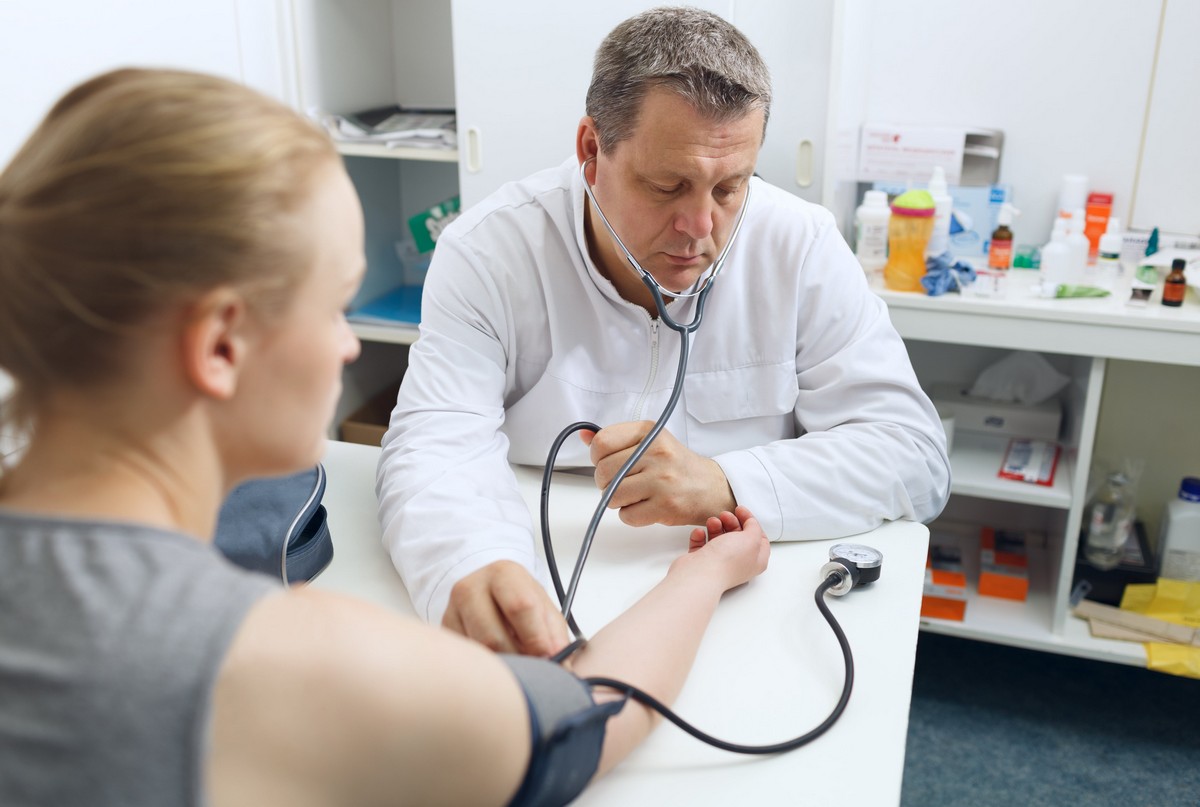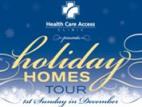Month: July 2020

Want a medical virtual assistant for your health care services company? Find out what to look for!
Many online business owners have watched the popularity of social media sites grow by leaps and bounds in a very short period of time. They have also come to the realization that these social media sites would be a wonderful way to do some small business marketing of their business. The problem that most online business owners encounter is the fact that they do not have the time to consistently focus their marketing energy on these particular sites. A way to combat this issue is to hire a Virtual Assistant. Better even yet, hire a Social Media Virtual Assistant. This is a Virtual Assistant who is well versed in social media sites and how to market on them.
Sounds easy enough right? Actually there are a few tips and suggestions to take into consideration when hiring a Social Media Virtual Assistant. Remember you are not just hiring a Virtual Assistant, you are hiring a Virtual Assistant who “specializes” in social media. When locating one of these VA’s you will want to inquire about their experience. Ask what social media accounts do they utilize on a regular basis, how many followers/friends they have, if they have ever managed a business account before, and their ideas for promoting your business on these sites.
Usually dependent upon the answers to these particular questions, you will be able to decipher if they do in fact know how to implement social media management correctly.
Once you choose a Social Media Virtual Assistant it is important that you check up on her, especially in the beginning. Once you feel comfortable and are starting to see the traffic on your website rise, you can let her manage on her own. Just make sure that you are content with her performance from the very beginning. You do not want to find out when it is too late. If the situation is not working out, you can then continue to look for a VA who fits the bill. Many VA’s can “claim” to specialize in Social Media marketing, but the proof is in the results. Period.
Contact Golean Health for more information about working with a dedicated medical virtual assistant.

Causes of Hypertension
A blood pressure of 140/90 or higher is considered high blood pressure. Both numbers are important. If one or both numbers are usually high, you have high blood pressure. If you are being treated for high blood pressure, you still have high blood pressure even if you have repeated readings in the normal range.
Causes
About 90% to 95% of hypertension cases, called primary, or essential hypertension, have no known cause. Primary hypertension may be influenced by factors such as genetic makeup, weight, or salt intake. Research is underway to learn more about the role that genes play in hypertension, as well as to explore the association between hypertension and factors such as obesity, low birth weight, and low levels of nitric oxide. Nitric oxide is a molecule that affects the smooth muscle cells that line blood vessels. People with low levels of nitric oxide have been found to have high blood pressure; especially African-Americans with low levels of the molecule.
Family Ties to PPHStudies show that at least 15 to 20% of patients with primary pulmonary hypertension have an inherited form of the disease. It is unclear whether it is a sporadic gene defect in these families.
Two main types of hypertension are recognized. By far the most common is Essential Hypertension, sometimes called Primary Hypertension. This is hypertension in which there is no identifiable cause. Ninety five percent of all persons living with hypertension have essential hypertension. Although researchers have been unable to pinpoint its specific causes, several risk factors definitely increase an individual’s chance of developing essential hypertension.
Changes in the arteries can complicate the problem. Normally the arteries are rather springy; in addition to expanding and contracting in rhythm with the heart, they adjust themselves to the volume of the blood and to other conditions within the body, stretching or tightening up as necessary to raise, lower, or maintain blood pressure. Various factors — stress, for instance — as well as diet, heredity, lifestyle, and aging, have a detrimental effect on the arteries. They become less elastic and thus less able to adjust to changes in the body; and they tend to become coated with arterial cholesterol plaque, a fatty deposit that clogs them, just as deposits in your house’s pipes can cause your sink to back up.
In most people, the causes of hypertension (also known as high blood pressure) are not known. This type of high blood pressure is called primary, or essential, hypertension. In some people, the cause of hypertension is the result of another medical problem or medication. When the causes of hypertension are known, the condition is referred to as secondary hypertension.
Approximately 30% of cases of essential hypertension are attributable to genetic factors. For example, in the United States, the incidence of high blood pressure is greater among African Americans than among Caucasians or Asians. Also, in individuals who have one or two parents with hypertension, high blood pressure is twice as common as in the general population. Rarely, certain unusual genetic disorders affecting the hormones of the adrenal glands may lead to hypertension.
If you have diseases such as hypertension and it’s hard for you to do everyday necessities like showering, then you should check the portable and easy to use showers offered by Fawssit.

Pulmonary Hypertension Symptoms
What are the symptoms of pulmonary hypertension? Here is what you must see for differentiating it from other diseases of pulmonary and cardiac origin.What should be the symptoms that I will have to look for? Though the early symptoms of the disorder are non-specific they may develop over time. These are the most important symptoms that are commonly present if you are a pulmonary hypertension patient:* shortness of breath, * Dyspnea* fatigue * non-productive cough * angina pectoris * fainting or syncope* peripheral edema (swelling around the ankles and feet).
There may be hemoptysis (coughing up blood) in some cases but that is very are rare.Although these symptoms are indicative of a major problem, these develop gradually over time thus delaying the patients to see the physician. Some people may delay it so much that they will not go to the doctor for years. This will further deteriorate your health and makes your recovery very much difficult.There are even some differences in the symptoms of pulmonary hypertension that arises in the arteries and veins of the pulmonary vasculature. If it is of the venous origin it will make you short of breath while you are lying flat (orthopnea) or sleeping (paroxysmal nocturnal dyspnea), while in the pulmonary arterial hypertension (PAH) it typically does not have such symptoms.What signs will a physician check in pulmonary hypertension? As long as the physician is regarded, he might have to check some significant signs in your arsenal.
For this he will have to perform a physical exam on you thus to look out for typical signs of this disease such as:* a loud P2 (pulmonic valve closure sound)* (Para)sternal heave * jugular venous distension* pedal edema * ascites* hepatojugular reflex* clubbing * tricuspid insufficiencyWhat is the significance of these signs for the physician?These signs are of the cardiovascular origin and therefore are of utmost importance for the physician to scrutinize the disease.
There is usually an increased pulmonic component of the second heart sound which indicates paradoxic or splitting that is present is severe right ventricular dysfunction. Here the second heart sound may be palpable in many instances to the physician.In many a cases there might be regurgitation of the pulmonic origin also called as Graham Steell murmur.Most of the times a murmur of tricuspid regurgitation can well be present, while a right ventricular lift (heave) may also be noted.In cases of volume overload or right ventricular failure, or even when both co exists there is an elevated Jugular venous pulsations.
Here we often see Large V waves due to severe tricuspid regurgitation.Hepatomegaly is often always present with palpable pulsations of the liver along with an abnormal abdominal-jugular reflex. Ascites (abdominal swelling due to the accumulation of fluid) are present in untreated patients or in patients with worsening decompensated right heart failure.Pitting edema with varying degrees may be present while if you are bedridden you are likely to developExtremity examination may reveal pitting edema of varying degrees.
Patients who are bedridden may have presacral edema.On examination of the lungs the findings are usually normal for the general population.Now you must keep in mind that these are the signs that help the physicians to diagnose your disease. For further diagnosis and confirmation of pulmonary hypertension, the physicians may also require more important and specific tests.
If you’re a senior and you have health issues and in need of a simple solution for showering, click here.









Recent Comments